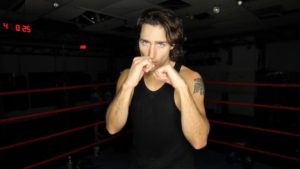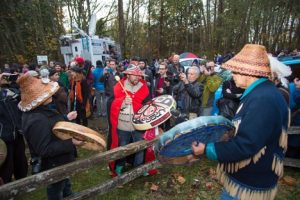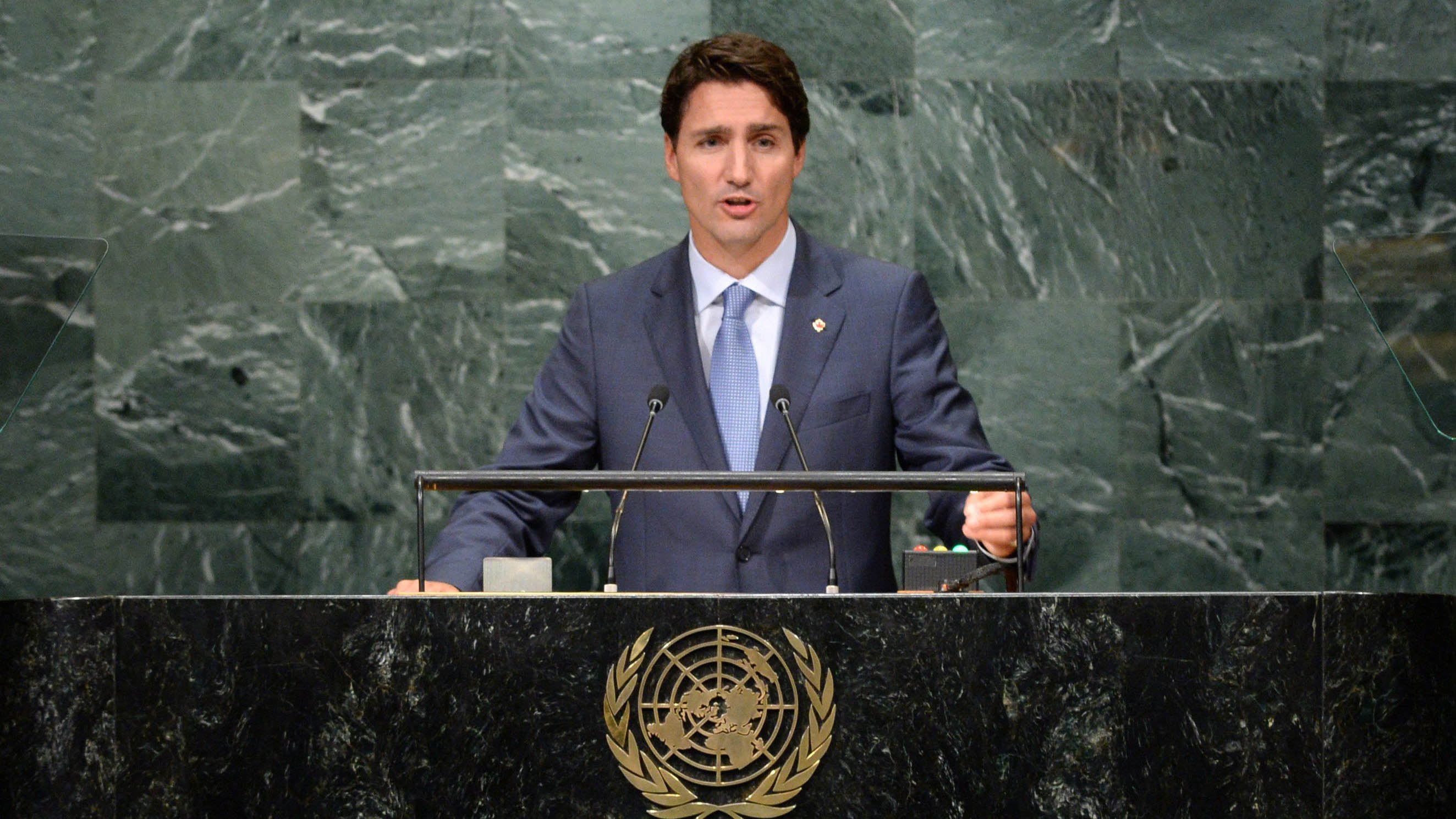In October 2015, while a myriad of contenders for the U.S. Presidential election began to face off in debates, a fair amount of media attention turned to Canada as it held its 42nd Federal Election. While then-PM Stephen Harper of the Conservative Party was seeking his fourth straight election victory, many eyes instead turned to the younger and photogenic Justin Trudeau, leader of the centrist Liberal Party. Having only won 34 seats out of 308 in the House of Commons in the 2011 Federal Election, its largest defeat ever, Trudeau faced a monumental task of rebuilding a renowned yet shattered party when he became leader in 2013. The son of Pierre Trudeau, the former Liberal leader and PM from 1968 to 1984 known for his laid-back style and energetic personality, Justin Trudeau managed to channel the popularity surrounding his father due to his good looks and role which he had played as a critic in Parliament since his 2008 election. Although Canada’s infatuation with him waxed and waned in the years leading up to the election, Trudeau managed to turn the Liberals’ electoral fortunes around. He helped them gain a record 148 new seats and consequently win 184 out of 338 seats in the 2015 election, ensuring a majority government for the Liberals and a spot for Trudeau as Canada’s new PM.

While many saw Trudeau’s election as a rebuke of Harper’s hawkish foreign policy and affinity for austerity and neoliberalism, it cannot be denied that personality played a large part in the election. Riding a similar wave of “Trudeaumania” that helped catapult his father into power, Trudeau, with his youthful appearance, outgoingness, and unabashed nature, was a breath of fresh air for many Canadians. Unlike Harper, who was often viewed as a cold, calculating, and unfriendly with little time to engage in typical political pandering, Trudeau built his reputation as a brash yet fun-loving character in Parliament who could not only make time to attend LGBT pride parades and denounce a rising tide of Islamophobia, but also box a Senator from the Conservative Party for charity in 2012 and even shout a profanity in Parliament when the Harper government pulled Canada out of the Kyoto Protocol in 2011. As PM, the initial craze of Trudeaumania has worn down after two years in power; Trudeau, however, continues to exude the fresh, boyish charm which initially helped him become popular, with many inside and outside Canada enjoying his choice of socks and even his rear end.
Of course, despite all the hype around his appearance and behavior, the head of government of a G7 country can’t simply be a pretty face with no clear policy direction. With the social-democratic New Democratic Party (NDP) falling in the polls after the death of its charismatic leader Jack Layton not long after the 2011 election, Trudeau helped the Liberals be seen as the most formidable, progressive opposition to Harper’s Conservatives. Running on a motto of “Real Change (Now),” Trudeau and his party made a laundry list of promises to Canadian voters about how they would change Canada for the better, including investment in infrastructure, protection LGBT rights, the legalization of marijuana, the implementation of environmental policies, and even shifting Canada’s elections to a more proportional system. Trudeau’s strategy of positioning himself and the Liberals as the answer to fixing what went wrong in nearly a decade of Conservative rule, despite lacking many of the strong progressive positions held by the NDP, managed to pay off despite initial rumors that the NDP and then-leader Tom Mulcair were poised to seize on anti-Harper sentiment and build on their best election result ever in 2011.
According to TrudeauMeter, a website which tracks the status of promises made by Trudeau and the Liberals during the campaign and in the early days of governance, out of 226 total promises made, the Trudeau government has achieved 55 and is currently working on 71, meaning that two years in it has kept or is working to keep 55.7 percent of its promises. Among the most notable promises kept by Trudeau include paving the way for the legalization of marijuana in 2018, launching a public inquiry into the spate of missing and murdered indigenous women (something which Harper repeatedly refused to do), reforming the tax code to shift the burden away from middle income families, and committing to a pan-Canadian framework for combatting climate change alongside other Canadian politicians. Trudeau has also been commended for his commitment to feminism, young Canadians, and the LGBT community, being the first PM to include an equal number of men and women in his cabinet, regularly attend LGBT pride parades, and establishing a Youth Advisory Council for young Canadians to advise his government. Additionally, Trudeau has become somewhat of a calming influence in the region after the election and inauguration of Donald Trump as US president, with many backing off the idea that he was too inexperienced to be PM and commending him for opposing Trump (including tweeting that Canada welcomed refugees in the face of Trump’s travel ban) while simultaneously working diligently to retain friendly US-Canadian relations. Even now, despite the initial infatuation with him wearing off and attacks from both the left and right on policy matters, Trudeau and his government boast a 51.5 percent approval rating, besting rivals from the Conservatives, NDP, and minor parties.
In spite of his achievements, to many Trudeau appears to be more of a pretty face than genuine force for change. By TrudeauMeter’s count, officially Trudeau has broken 35, or 15 percent, of his campaign promises as he heads into the third year of his term. Considering he has managed to fully achieve 24.3 percent of his promises thus far, one could conclude that Trudeau is indeed keeping more promises than he is breaking and is therefore worthy of praise. However, to many Canadians, it is not about the number of promises he has kept or broken which matters but rather the gravity of those promised which were broken or remained unfulfilled. In a notable case, Trudeau and the Liberals had promised repeatedly to do away with Canada’s single member district, first-past-the-post federal electoral system by the next election, stating “I believe fundamentally that we can do better” when it comes having a representative electoral system. Thus, when Trudeau’s government announced in February that it was abandoning its pursuit of electoral reform, many Canadians not only felt betrayed but were also concerned that Trudeau may be trying to preserve the system which brought him a majority in government with only 39 percent of the popular vote. Trudeau had also promised to run short-term budget deficits of less than $10 billion in 2016 and 2017 but has instead run deficits between $21 billion and $29 billion during his first two years. While Trudeau stresses that the money is being invested into Canadian needs like infrastructure and labor, the deficits have nonetheless rankled many who doubt Trudeau is truly committed to eliminating the deficit by 2020.

Abandoning electoral reform and running deficits much higher than expected are certainly causes of concern for more politically savvy Canadians, but they have not yet dented Trudeau’s image as an in-tune young leader committed to equality, climate justice, and progressive politics. Behind the scenes, however, Trudeau’s broken and stalled promises are beginning to threaten his image. While Trudeau has reaffirmed his country’s commitment to the Paris climate change agreement, invested in ocean monitoring programs, and cancelled the controversial Northern Gateway pipeline, he has also broken promises to phase out fossil fuel subsidies, invest $6 billion into green infrastructure yearly, and lower carbon emission targets from Harper-era levels which the Liberals once called “inadequate, weak and catastrophic.” Trudeau has also received extreme backlash for his approval of the Kinder Morgan Trans Mountain pipeline, a pipeline proposal he once promised to “re-do,” as well as the Line 3 pipeline, both of which would carry oil from Alberta’s oil sands to British Columbia and the United States. Though Trudeau argued that these pipelines were in “the best interests of Canadians” and would boost the economy, he is facing intense opposition from not only environmentalists who believe he is not taking climate change seriously by approving these pipelines but also from indigenous First Nations groups who are concerned the pipelines may seriously affect their land. This is problematic for Trudeau since he speaks highly of reconciliation and assistance to First Nations while. simultaneously denying them the ability to veto development on their land, something he once promised to allow. He also has yet to invest seriously in First Nations communities, many of which are impoverished. Also, despite of his image as an LGBT ally, he has backed off his promise to end the ban on gay men donating blood and has not yet worked to remove Canada’s age-old sodomy law from the books, two things which may cost him votes from the LGBT community.
Trudeau’s youth and radiance have resulted in him being seen as a fresh face in a world of crotchety old leaders, but one thing belied by his physical appearance and personality is the fact that in many areas he is remarkably committed to retaining the status quo. To go along with not adjusting carbon emission targets, Trudeau’s economic policy is more or less a continuation of Harper’s neoliberalism, with Trudeau standing behind the Trans-Pacific Partnership agreement signed by Harper in the face of Trump’s rejection while also signing a massive trade deal with the European Union to open its markets to Canadian businesses. Trudeau has not yet encountered much opposition to these free trade deals but, with the number of Canadians skeptical of them rising and anti-free trade politicians making headway around the world, Trudeau may eventually run into trouble. On foreign policy, Trudeau is also following Harper’s lead by staying involved in the fight against ISIL, sending troops to Ukraine, and even remaining in a program to purchase F-35 fighter jets despite pledging to withdraw. While none of this is controversial by itself, Trudeau is at an important crossroads as the next election is nearing, and with his rivals the Conservatives and NDP boasting new, principled leaders, he must to continue to fulfill promises to show he is worthy of another mandate.
